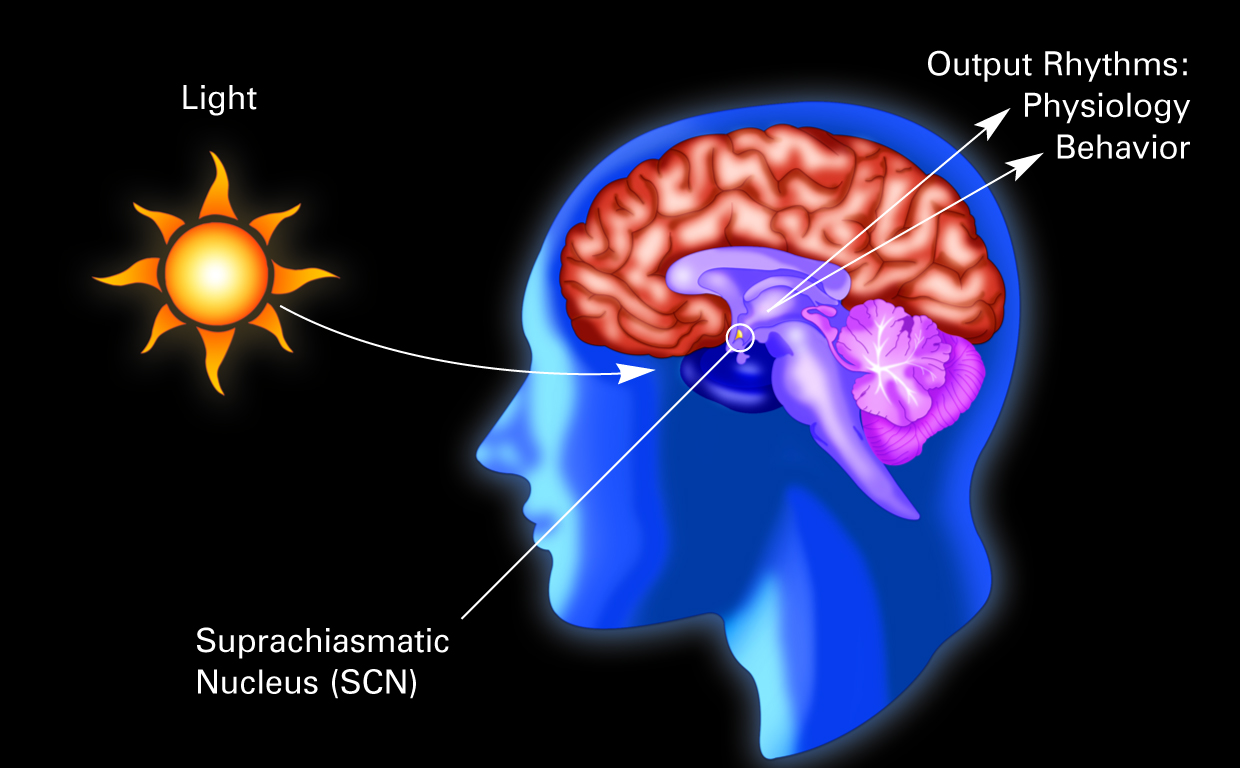We always hear: “Drink your water”, but why is water so essential for our Health. We all know water is really important. I mean, it covers 70% of the earth. Our bodies are 75% water and 25% is solid matter. The bones, the organs, the muscles… Our brains are 85% water and 15% fat, our blood is 90% water. But what does important mean? What does water actually do? What role does it play in the different aspects of health?
Plain water is the best beverage for quenching thirst. it is cheap, calorie-free, contains no sugar, caffeine, or other additives. Do we take enough water every day? Most of us just drink water when we feel thirsty, but it might be too late by the time we feel thirsty, our body is already dehydrated by then. If you are not in the habit of drinking sufficient water it's the first thing to change if you want to get healthy. Be it summer or winter, we still need to take sufficient water even if we don't feel thirsty Here are some reasons why water helps you.
1 Water helps in digestion
Contrary to what some believe, experts confirm drinking water before, during, and after a meal will help your body break down the food you eat more easily. This will help you digest food more effectively and get the most out of your meals.
In addition to helping with food breakdown, water also helps to dissolve vitamins, minerals, and other nutrients from your food. It then delivers these vitamin components to the rest of your body for use.
3 Water helps to lose weight
Studies have linked body fat and weight loss with drinking water. Drinking more water while dieting and exercising helps you to lose extra pounds. Water also helps to suppress hunger and keep calorie intake low.
4 Water protects body tissues, spinal cord, and joints.
Water consumption helps lubricate and cushion your joints, spinal cord, and tissues. This will help you to enjoy physical activity and lessen the discomfort caused by conditions like arthritis.
5 Water regulates body temperature
Staying hydrated is crucial to maintain your body temperature. your body loses water through sweat during physical activity and in hot environments. Your sweat keeps your body cool, but body temperature rises if don't replenish the water loss. The body also loses electrolytes and plasma along with sweat which is very essential for normal body functions.
7 Water improves brain functions and mood
Proper hydration is key to staying in the tip-top cognitive shape. Research indicates that not drinking enough water can negatively impact your focus, alertness, and short-term memory. Not getting enough water can also affect your mood. Dehydration may result in fatigue and confusion as well as anxiety.
8 Water keeps skin bright and young
Adequate water intake will help keep your skin hydrated and may promote collagen production. However, water intake alone isn’t enough to reduce the effects of aging. This process is also connected to your genes and overall sun protection. When dehydrated, the skin can become more vulnerable to skin disorders and wrinkling.
9 Water improve blood oxygen circulation
Water carries helpful nutrients and oxygen to your entire body. Reaching your daily water intake will improve your circulation and have a positive impact on your overall health.
10 Water helps excrete waste through perspiration, urination, and defecation
How much water should you drink?
The reality is, the amount of water needed varies greatly depending on age, gender, health, physical activity, the tendency to sweat, and more. The majority of healthy people adequately meet their daily hydration needs by letting thirst be their guide
One way to determine whether you're drinking enough water is to peek in the pot after you pee. "It's best to go by the color of your urine," Jampolis says. "If it's dark yellow, you aren't drinking enough. Aim for light yellow."
So the formula for that is: You have to take your body weight in the pound and divided it by two, and the answer that you get is how many ounces you should drink every day.
Every cell in the body needs water to function correctly. However, drinking too much can lead to water intoxication and serious health consequences in some cases with underline medical conditions, like server congestive heart failure or renal failure.




































































